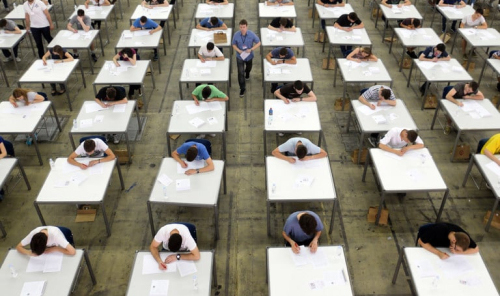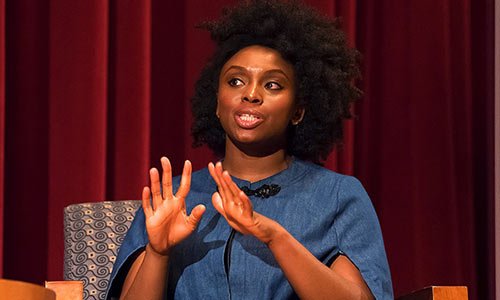INTERNATIONAL 22/09/2023
California State Bar to Pursue Licensing Alternative

Members of the California bar’s board of trustees say work on an alternative pathway to a law licensure should continue even though a commission created to study the issue could not reach a consensus.
State bar leaders on Friday voted to pursue the creation of an alternative pathway to becoming a licensed lawyer in California that does not include passing the notoriously difficult bar exam.
The unanimous vote bypassed a deadlocked commission that, after 19 meetings, could not reach a consensus in its final report on whether law school graduates should be admitted to the bar after they complete some combination of supervised work, a portfolio of accomplishments or an alternative assessment in lieu of taking the traditional bar exam alone.
The trustees said they will forward the commission’s final report to the California Supreme Court, but also asked members of the Blue Ribbon Commission on the Future of the Bar Exam who support an alternative pathway to develop a proposal later this year.
“I’m not ready to say it’s over, we’re not going to think about this anymore just because the Blue Ribbon Commission couldn’t reach a consensus,” said trustee Sarah Good.
Susan Bakhshian, the director of bar programs at Loyola Law School and a commission member, supported studying a bar exam alternative and said she’s willing to work on the proposal.
“This is important work and I welcome the opportunity,” Bakhshian said Friday,
Jackie Gardina, dean and chief academic officer at the Santa Barbara and Ventura Colleges of Law, said she too was pleased with the trustees’ decision to consider alternatives to an exam that “has limited value in determining who is prepared to enter the profession as a skilled, competent and ethical attorney.”
“The legal profession is in flux,” Gardina said. “What lawyers need to know and what skills and abilities they need to have will change rapidly. There is a mismatch between an exam designed to meet the needs of an industrial economy and a test of competency necessary to meet the needs of a rapidly evolving knowledge economy.”
Fellow commission member Jeremy Evans, president of the California Lawyers Association, said that while he respected the trustees’ decision, “CLA’s position has been clear that any pathway to licensure that does not include an objective bar exam is inappropriate.”
Evans, founder of California Sports Lawyer, said incoming data from the high court’s lowering of the exam passing score in 2020 and shortening the exam from three days to two in 2016 should be studied before considering major changes to the bar exam.
“Removing objective testing entirely would allow licensure based on subjective standards that could vary greatly, raise significant implementation and integrity issues, and potentially have an adverse impact on efforts to increase diversity in the legal profession,” Evans said.
The California Supreme Court and the state bar charged the 18-member commission to weigh possible changes to the bar exam, which usually has one of the lowest pass rates in the country, and to consider whether to “adopt alternative or additional testing or tools to ensure minimum competence to practice law.”
Commissioners largely agreed on recommendations to alter the bar exam by reducing the number of topics covered from 13 to nine and to focus on assessing skills required to practice law and less on rote memorization. They also agreed that the state Supreme Court should license out-of-state attorneys who don’t sit for California’s bar exam if those states provide the same licensing privileges to Golden State lawyers.
But the issue of an alternative pathway to licensure deeply divided commissioners.
Some argued that solely relying on passage of a bar exam does not ensure licensing of competent lawyers and puts students who cannot afford test-preparation courses at a potential disadvantage. Others, however, said that a supervised work program would offer unequal experiences to participants and could hurt law school graduates who cannot afford a possibly unpaid apprenticeship.
Trustees have asked that commissioners who want to work on the alternative bar exam plan to present their proposal at either the board’s July or September meeting.



